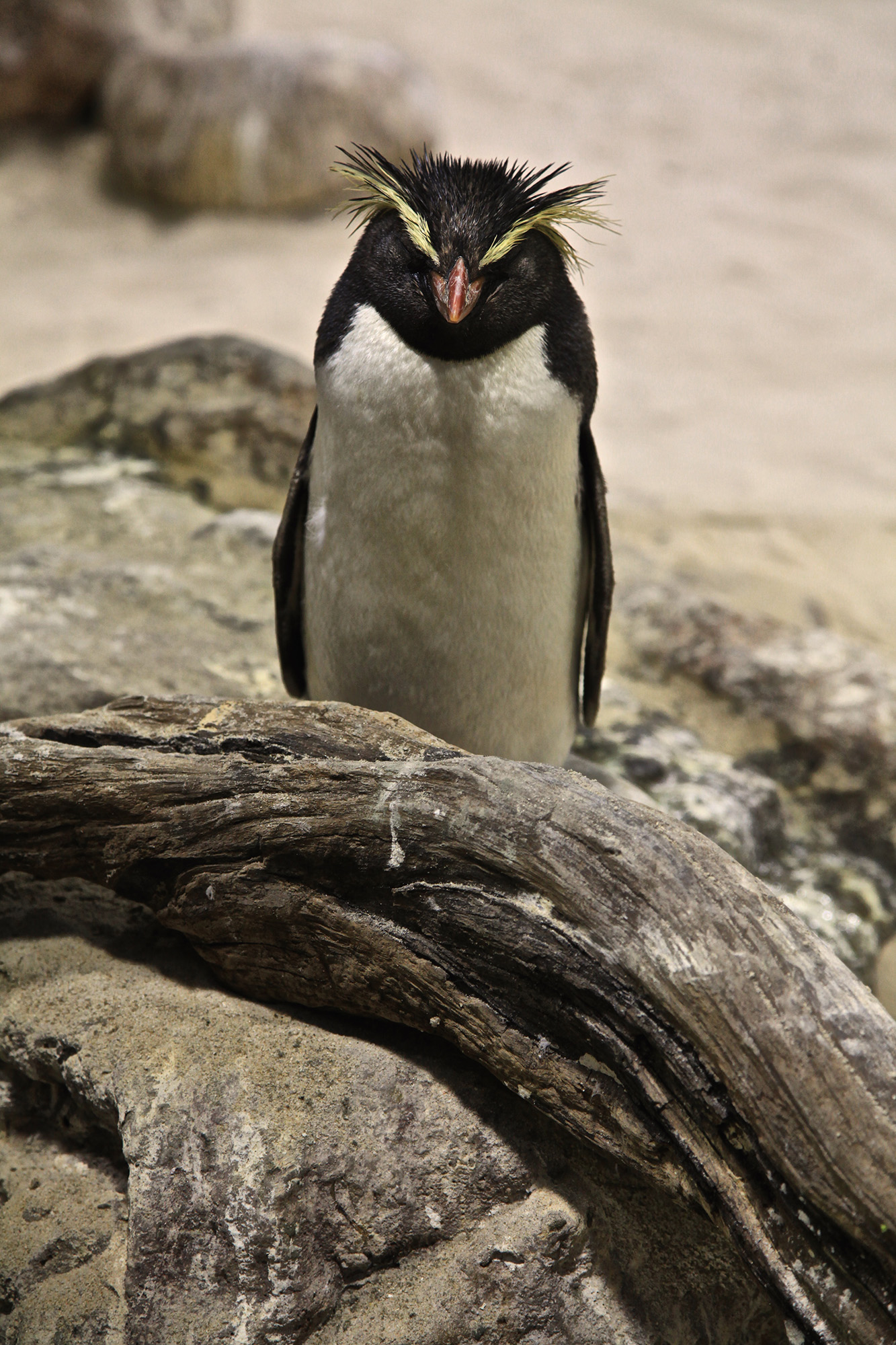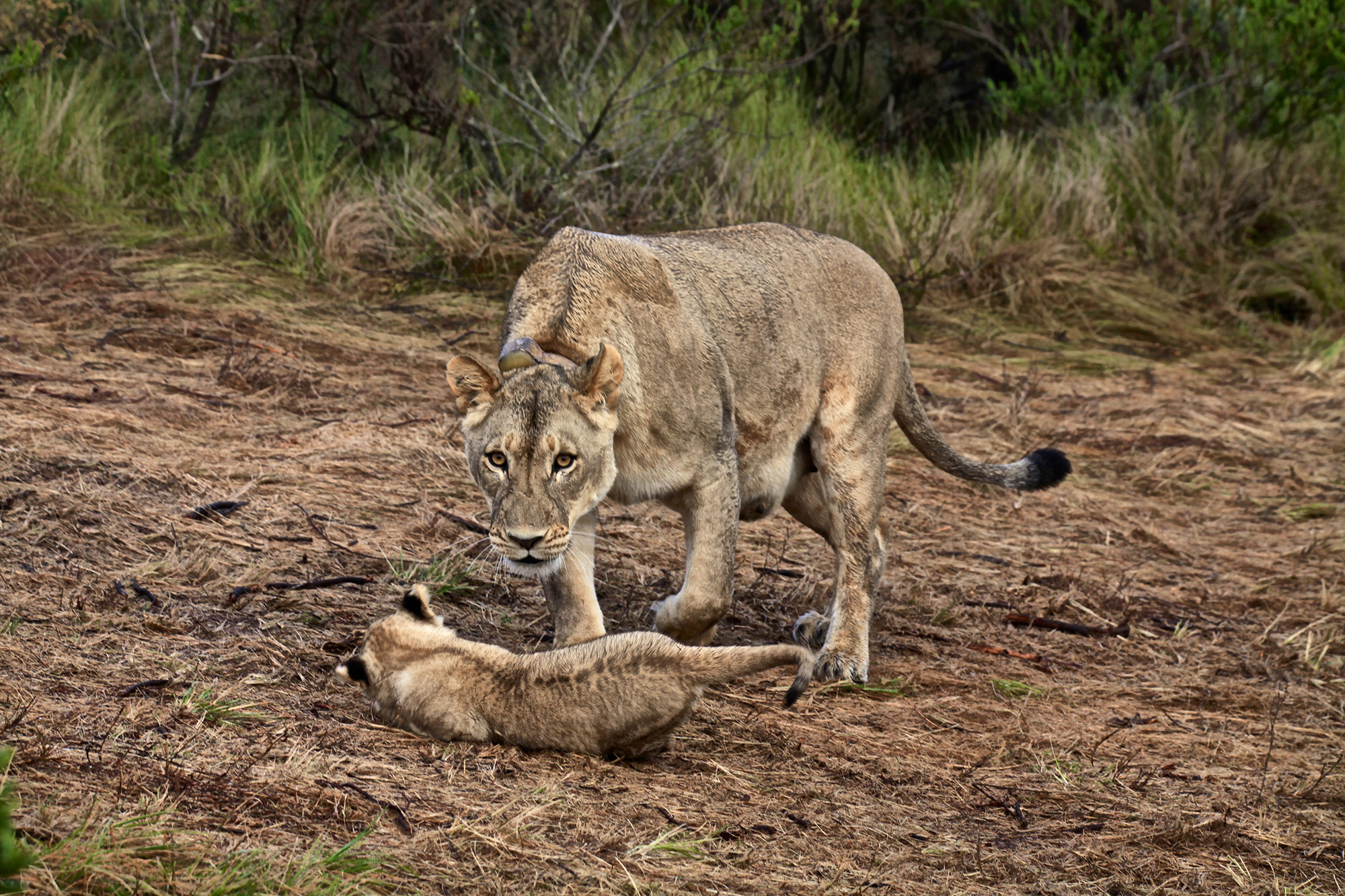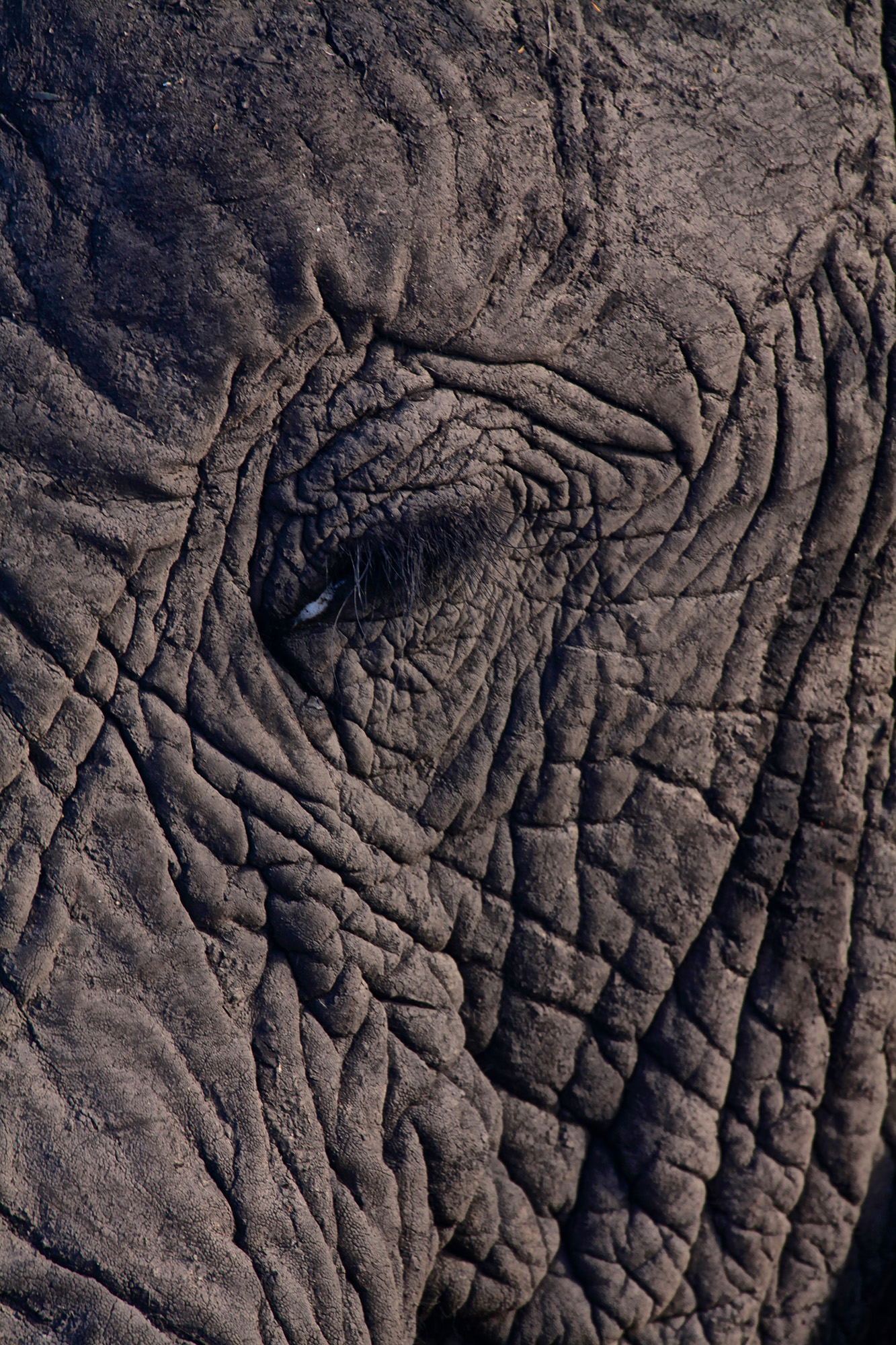Vacation ranger in South Africa? Why not? As a photojournalist seeing wild animals up close, plus campfire romance plus the good feeling of sustainable tourism.
The vacationers are united by one thought: Practically implementing species protection in the Gondwana Eco Camp. Because here you can lend a hand and accompany the gamekeeper on their daily tour.
Sustainable tourism
After having breakfast together in the jungle lodge, everyone climbs into the Land Rover, which soon after is racing over the gravel roads of the reserve. The first zebras can be seen in the distance. They have to be counted. The coordinates are also important to analyze their movements. Two white rhinos are lying in the grass. Both animals, as well as lions and zebras, carry chips with which you can locate them anytime and anywhere.
Armed patrols are on duty in the park to protect them, especially around the rhinos and elephants. One kilo of horn brings 50,000 euros on the Asian market. The products coveted as aphrodisiac are especially popular with the Chinese and Vietnamese. It’s about organized poaching. The person who shoots the animal gets the least, the equivalent of around 200 euros. The process has to be quick. After the animal has been killed, the valuable horn is cut off and immediately taken out of the country. The bodyguards who protect the animals 24 hours a day are often powerless. Fact is, that they cannot just shoot the poachers, because in South Africa that is viewed as attempted murder. The hands of the rangers are tied, and sometimes they can just stand by and watch. The punishment poachers get by law is light.
Eco lessons for school kids
School classes are also taught in the Gondwana Reserve. The little ones often see the animals for the first time and are enthusiastic. They learn to protect their environment. Will there be animal species such as rhinos in the wild in the future?
Game rangers and tourists come back to the camp for lunch. The second tour begins in the late afternoon. This time a herd of elephants is tracked down. We get very close. Coordinates are exchanged and written down. The excrement shows which plants have been eaten. Suddenly a bull with two huge tusks turns around and walks straight towards the Land Rover. He stops two meters in front of it. Lucky us!
Supported by Elela Africa.






